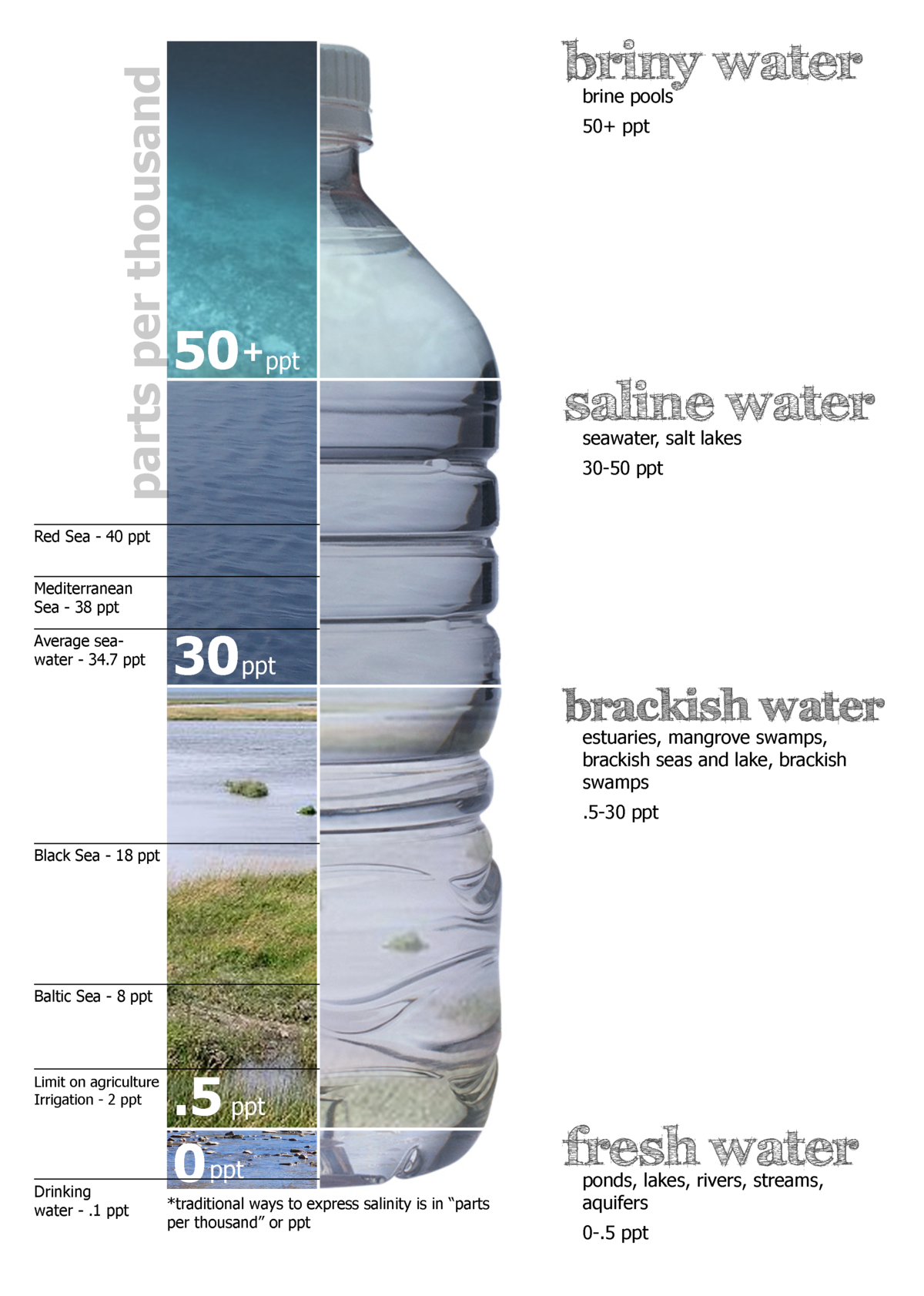TIR that while most people living next to the Baltic Sea call it the [compass direction] Sea, with various compass directions, the directions are blatantly opposite of the geography for Finns, who call this sea that is largely to the West of Finland th...
-
@riley Germans also call it Eastern because???
-
@riley @WhyNotZoidberg And the Dead Sea is a super sea then.

-
Riley S. Faelanreplied to always tired last edited by [email protected]
@project1enigma Because it's the Eastern one of the two major seas that the Germanic culture/language space has been having direct access to for the past millennium or so. The Western one is the North Sea. The people who wandered far enough westwards to have direct access to the Atlantic Ocean kind of drifted apart from the thousand German kingdoms over the centuries, and the Germanic peoples who wandered far enough southwards to access the Black Sea or the Mediterranean Sea tended to become Romans of some sort or another.
-
@riley "Because it's the Eastern one of the two major seas that the Germanic culture/language space has been having direct access to for the past millennium or so." But why is the other not called "Western" then?
-
@project1enigma Yep. A very high sea.
-
The highest (in salinity), I am wondering now?
-
Riley S. Faelanreplied to always tired last edited by [email protected]
@project1enigma Probably because this one had so many seafaring people living to the south of it, and very few living to the north of it, what with the Doggerland becoming unhabitable.
For most people with direct access to the North Sea, the next important sea would probably have been the Atlantic Ocean, and the Baltic Sea would have been of much less significance. The Atlantic fisheries used to be far richer than the Baltic ones, and If you're a trader rather than a fisher, once you can ride your ship up the Rhein, you might not care that much about the trans-Hanseatic trade routes of the Velikaya river. Recall that the settlement of the area around what's not St. Petersburg didn't really happen until early 1700s; before that, the Eastern Finland and Northern Russia weren't particularly attractive trading destination for a typical European tradventurer. The Baltic Sea was attractive if it was close to you; if you had to come from afar to reach it, you might as well dock in Amsterdam or Copenhagen and trade with the Hanseatic system instead.
-
@WhyNotZoidberg @project1enigma @riley Seventh highest, according to this list:
My guesses which ones were more salty were wrong. Great Salt Lake is close, at least, but the Caspian Sea is less salty than the Mediterranean.
-
@toni Most of the time, the fresher-water lakes drain into the saltier-water lakes. It's like osmosis!
-
@project1enigma It used to be the highest one for people of the old Old World. It's not the saltiest of the whole world, but all of the saltier ones are in exotic locations that even a well-educated European or Middle Eastern person would probably not have known until the explorers really started to look around for new places to colonially exploit.
-
@project1enigma @WhyNotZoidberg @riley
First, I just wanted to post my guess that the Caspian Sea is more salty. That seemed arrogant.
Then I checked and wanted to post just the link. That seemed trivial.
So I decided to go the middle way and post both.
-
@project1enigma Oh, and also, it's a pretty low sea, as seas go.
 It can afford this because it doesn't have to drain anywhere.
It can afford this because it doesn't have to drain anywhere. -
@toni AFAIU, Caspian's saltiness is a recent development, due to Soviet irrigation projects diverting much of its previous water inflow. So, in top-saltiest lists, it should probably have an asterisk or something.

